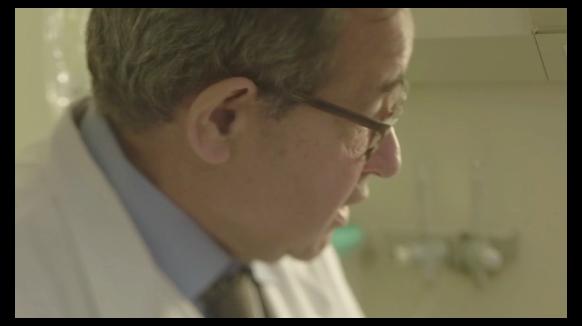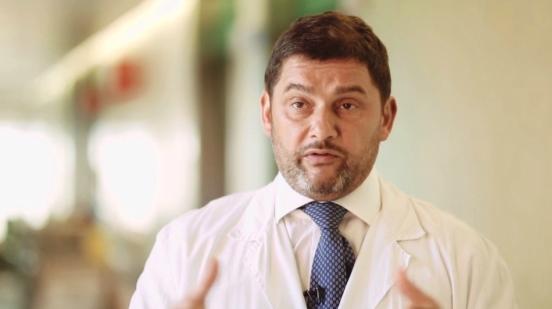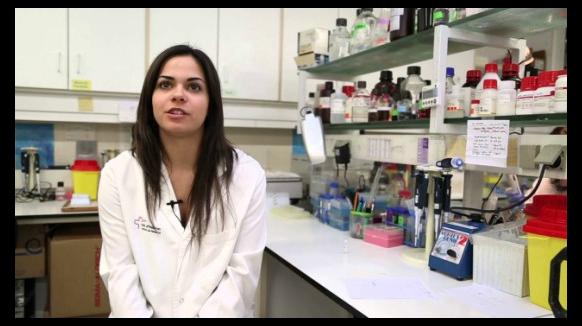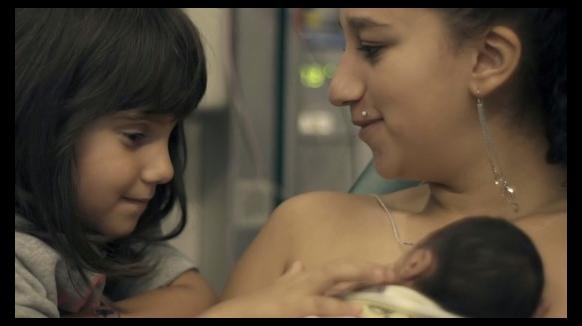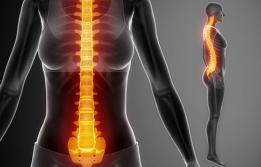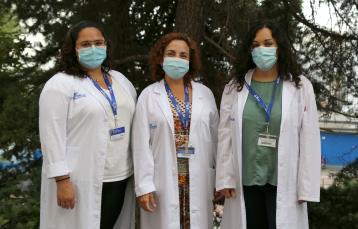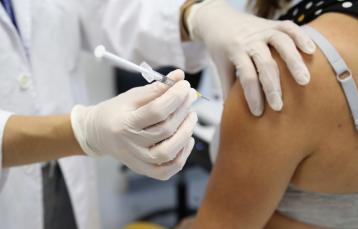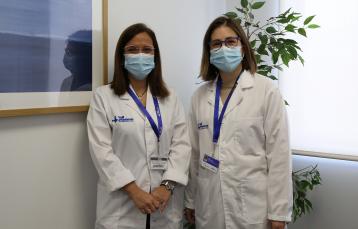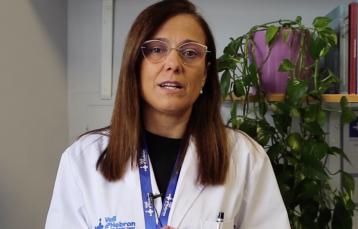Obstetrics Ultrasound Unit
The Obstetrics Ultrasound Unit carries out all the necessary ultrasound scans on women and their future babies during pregnancy. Scans are most typically taken once per trimester during pregnancy, although there is no established number, as they are taken whenever they are considered necessary by the gynaecology professional.
Description
The following ultrasound explorations are carried out during pregnancy:
First-trimester ultrasound: this is carried out between the first 11 and 13 weeks. This ultrasound, together with the previous blood analysis, is used for determining whether there is a risk of aneuploidy or early preeclampsia.
Aneuploidy is a complication that can cause birth defects in the foetus owing to an abnormal number of chromosomes in the blood. And early preeclampsia is a disease which, among other complications, can lead to premature births caused by high blood pressure.
Morphological ultrasound: this is carried out between the first 18 and 22 weeks. This ultrasound checks whether the foetus and all its organs are developing correctly and is used for ruling out malformations. In addition, here at the Vall d’Hebron we also carry out a vaginal exploration to measure the cervical length of the uterus and predict the risk of a premature birth; also a Doppler exploration, an ultrasound scan that enables us to see the blood flow of the mother’s uterine arteries and thereby assess the risk of preeclampsia.
Screening foetal echocardiography: this is carried out between the first 15 and 18 weeks. This ultrasound is only required for women at risk of foetal cardiopathy, a foetal-heart malformation.
Follow-up ultrasound: these ultrasounds are always carried out when required by the Department or an external referral. They may be used for assessing risks such as:
- consanguinity
- Rh iso-immunisation, the production of antibodies from the mother that can cause anaemia in the foetus
- infections
- exposure to teratogens such as alcohol or the drug thalidomide
- pregnant women with a health problem
- history of pregnancy-, birth- and postpartum-related problems
- loss of blood during pregnancy
- changes to the position and structure of the placenta
- presence of tumours in the ovaries or uterus
Illnesses associated with this speciality
- Preeclampsia (PE).
- Intrauterine Growth Restriction (IUGR).
- Prematurity.
- Foetal malformation.
- Placenta accreta.
Health advice relating to this speciality
- Avoid toxic habits, such as smoking, and smoke-polluted environments.
- Avoid consuming toxic substances: alcohol, stimulants and other drugs.
- Keep to a healthy diet based on fresh nutrients (fruit and vegetables) washed beforehand.
- Maintain an active life and do suitable exercise during your pregnancy, provided there are no medical contraindications.
- Keep to a peaceful emotional environment involving the people you are closest to.
Diagnostic tests associated with this speciality
- Chromosomopathy screening
- Conventional
- Advanced: studying the foetal DNA in the mother’s blood - Chorionic villus sampling
- Amniocentesis
- Cordocentesis
- Foetal MR
Departments associated with this speciality
- Specialist Obstetrics Unit
- Maternal Pathology and Pregnancy
- Placental Insufficiency Unit
- Prematurity Prevention Unit
- Diabetes and Pregnancy Unit
- Mental Health and Pregnancy Unit
- Social Obstetrics Unit
- Placenta Accreta Unit
- Prenatal Diagnostic Unit (PDU).
- Foetal Medicine and Surgery Unit (FMU).
- Births and Women’s Emergencies Area.
- Clinical Genetics.
- Radiology.
- Paediatrics and Neonatology.
- Paediatric Surgery.
- Clinical psychology
- Foetal Medicine
Education and Training
- Undergraduate training at the Autonomous University of Barcelona (UAB).
- Residents’ training programme.
- Weekly clinic session in the High-Risk Pregnancy Department (ARO).
- Multi-disciplinary workshops (Committee for Congenital Anomalies and Foetal Medicine, Clinical Genetics Workshops, Paediatric Neuroradiology Workshop, etc.).
- Participation in theoretical and practical training activities promoted by the Obstetrics and Gynaecology Department at Vall d'Hebron Hospital.
Research
The Obstetrics Ultrasound Unit, as a cross-disciplinary service, is taking part in several studies with competitive public funding, led by our Department's specialists in our Prematurity Prevention, Placental Insufficiency, Foetal Medicine and Placenta Accreta Units. It recently joined the Cesarean Scar Pregnancy (CSP) Registry.


